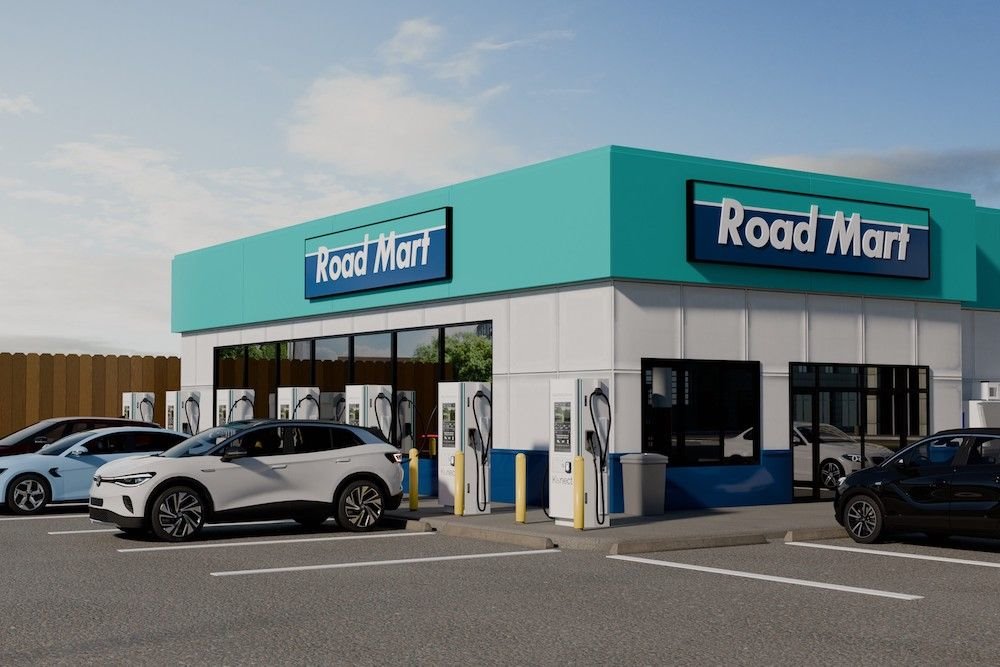
Fuel retailers believe that EV charging is a “critical battleground” for retaining customers with 88% concerned about competition from domestic, workplace and destination charging, according to a new US-based survey.
The study by Konect, found forecourt operators are “under pressure” to adapt. IEA data forecasts 71% of new passenger cars and 72% of new light duty trucks or commercial vans in the United States will be electric by 2035.
As a result, Boston Consulting Group has claimed 80% of forecourts could become unprofitable by that date, unless they adapt to changing demands.
But there is an opportunity through the 1.25m public chargers needed across the country by 2030, with fuel retailers recognising the need as 85% said they expected demand for charging to increase over the next five years.
Some 41% who have already offered EV chargers said they had done so to boost foot traffic at other on-site facilities, such as C-stores, restaurants and cafés.
The results also reflect widespread concerns about return on investment. Price competition (89%) keeping pace with changing technology (86%) and maintaining service levels (82%) were common concerns as the market trends towards EVs.
Meanwhile, high investment costs (40%), uncertain ROI (29%) and complicated installations (28%) were the most common barriers among retailers who have yet to invest in charging.
Half (51%) of those who offer EV charging own at least some of that infrastructure. Among those who offer EV charging, two thirds (69%) of C-store operators and 49% with a restaurant or café, said it was aimed at increasing in-store traffic, while 66% are using footfall and sales as a measure of ROI.
More than half (55%) of retailers with EV charging have deployed energy management solutions, while 21% expect smart payment systems will be the most valuable addition to their business over the next five years.
Full story Fuel retailers "concerned" about losing drivers to other charging options - transportandenergy